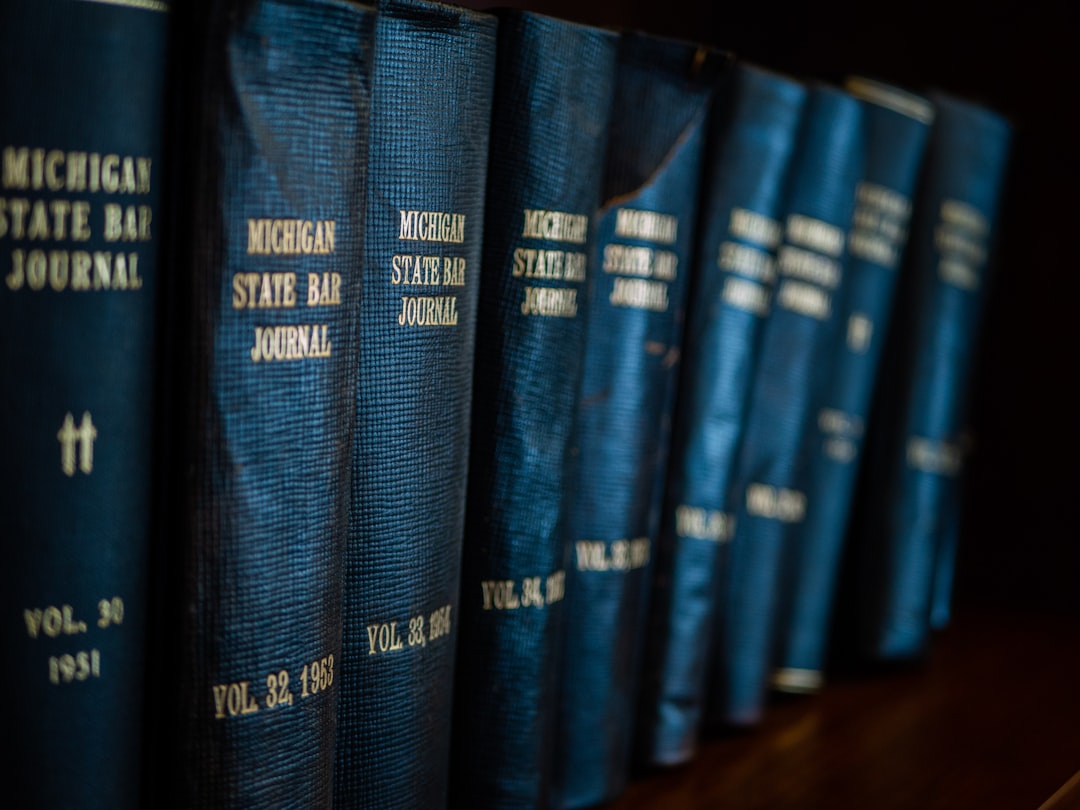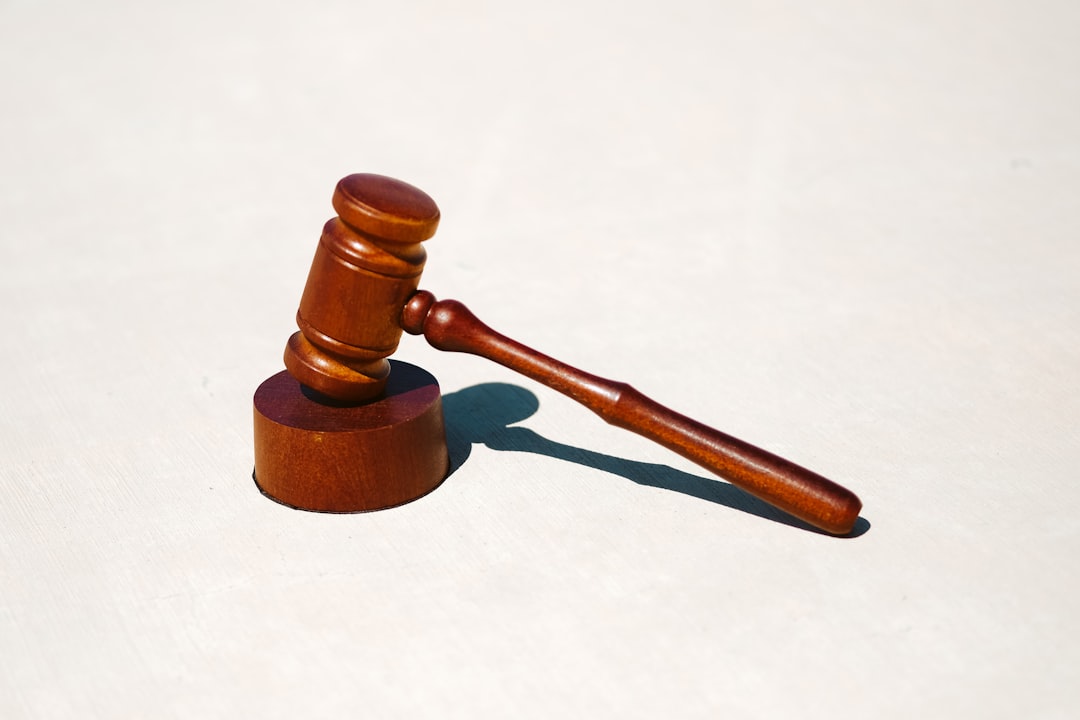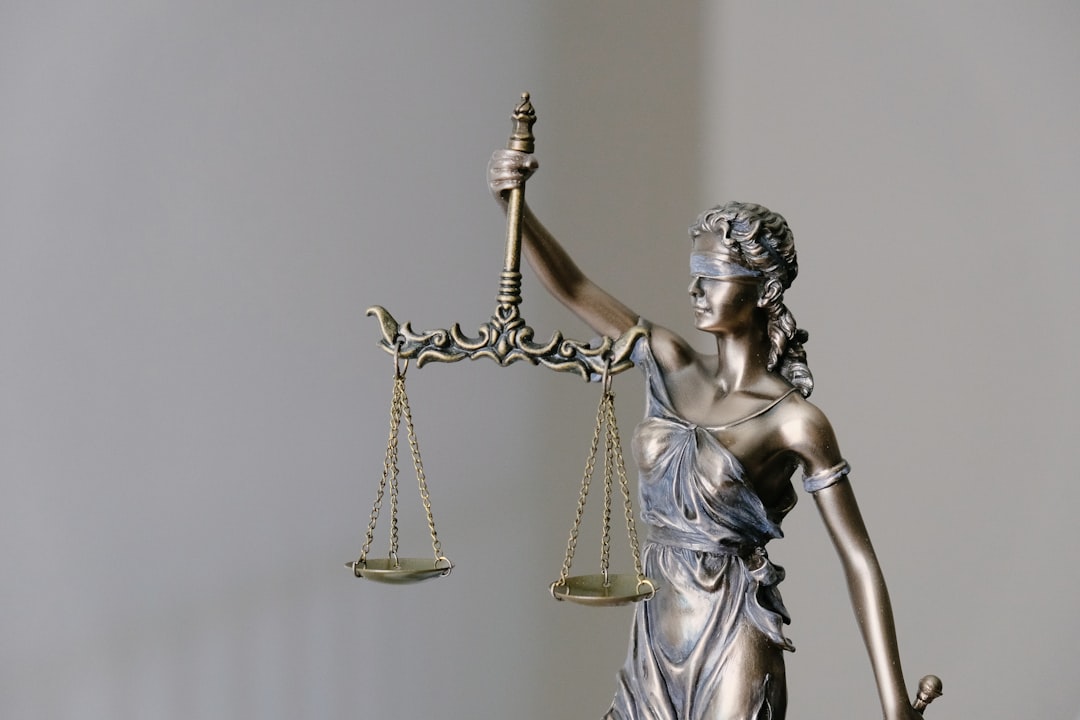Reporting on sexual assault cases in Indianapolis requires a delicate balance between public information and victim privacy, with media outlets collaborating with sexual assault law firms for ethical guidance. This partnership ensures accurate, sensitive coverage that respects survivors while holding perpetrators accountable, utilizing precise language and avoiding victim-blaming. Engaging legal experts from a sexual assault law firm in Indianapolis, IN, is crucial for responsible journalism, fostering a culture of support for victims and justice for perpetrators.
In the heart of Indianapolis, Indiana, media ethics play a pivotal role in reporting on sensitive sexual assault cases. This article delves into the intricate dynamics between the press and survivors, examining how media coverage can either foster support or cause further harm. We explore the legal perspective on ethical reporting, balance accountability with sensitivity, and offer best practices for journalists navigating these complex issues within the context of Indianapolis’ legal landscape, as guided by insights from sexual assault law firms in the city.
Understanding the Sensitivity of Sexual Assault Cases in Indianapolis
Reporting on sexual assault cases in Indianapolis requires a deep understanding of the sensitivity involved. These cases often bear personal and emotional complexities, affecting victims who have experienced profound trauma. As such, media outlets must approach coverage with meticulous care, ensuring accuracy while respecting the privacy and dignity of all parties involved. The impact of media representation cannot be overstated; it can either foster awareness and support for survivors or inadvertently cause further harm through sensationalism and misinformation.
In Indianapolis, where there’s a growing demand for justice in sexual assault cases, a reputable sexual assault law firm plays a crucial role in advocating for victims’ rights. Media organizations must collaborate with such legal experts to gain insights into the intricacies of these cases, ensuring their reporting is both informed and responsible. This collaborative approach helps in presenting balanced narratives that not only adhere to journalistic ethics but also contribute positively to the ongoing conversation around sexual assault prevention and support.
The Role of Media in Shaping Public Perception and Support for Survivors
The media plays a significant role in shaping public perception and support for survivors of sexual assault cases, especially when it comes to complex issues like those faced by victims in Indianapolis IN. How these stories are reported can influence societal attitudes and actions towards sexual violence, making responsible journalism crucial. A sexual assault law firm in Indianapolis IN often highlights the importance of accurate and sensitive media coverage to foster a culture that supports survivors.
When reporting on such cases, the media has the power to humanize survivors, educate the public about prevention strategies, and promote understanding of the legal processes involved. However, sensationalism or inappropriate framing can lead to victim blame, misinforming audiences, and hindering support for survivors. A balanced approach that emphasizes the importance of privacy, consent, and justice is essential, ensuring that media coverage empowers survivors while holding perpetrators accountable.
Ethical Considerations When Reporting on Sexual Assaults: A Legal Perspective
Reporting on sensitive issues like sexual assaults requires a delicate balance between informing the public and respecting the victims’ privacy and rights. From a legal perspective, media ethics in this context are crucial to ensure fairness and justice for all parties involved. A sexual assault law firm in Indianapolis, IN, would agree that journalists must adhere to strict ethical guidelines when covering such cases.
Media professionals have a responsibility to present accurate and unbiased information while adhering to the legal frameworks protecting victims’ identities. This includes obtaining consent before publishing details of the assault, especially when it involves minors or vulnerable individuals. Furthermore, media outlets should avoid sensationalizing the story, which might lead to stigma and further trauma for the victim. Ethical reporting ensures that the focus remains on holding perpetrators accountable while offering support to survivors through accurate, respectful representation in the media.
Balancing Accountability and Sensitivity in News Coverage
Reporting on sensitive issues like sexual assault requires a delicate balance between holding individuals and institutions accountable and treating victims with the utmost respect and sensitivity. For a sexual assault law firm in Indianapolis, IN, media outlets play a crucial role in shaping public perception while also influencing potential outcomes. Journalists must strive to provide accurate, factual information without sensationalism or exploitation.
This involves using careful language, avoiding victim-blaming narratives, and ensuring victims’ privacy is protected. Sensitivity in coverage can empower survivors to come forward, knowing they will be treated with dignity. At the same time, media outlets must hold perpetrators and institutions accountable, shedding light on systemic issues and advocating for change through thorough, responsible reporting.
Best Practices for Journalists: Navigating the Complexities of Sexual Assault Reporting in Indianapolis
When reporting on sexual assault cases in Indianapolis, journalists must adhere to stringent ethical standards to ensure sensitive and accurate storytelling. A prominent sexual assault law firm in Indianapolis IN emphasizes that reporters should treat victims with dignity and respect, protecting their privacy while conveying essential details. This balance is crucial, especially as it involves sharing traumatic experiences.
Best practices include obtaining consent from survivors before sharing their stories publicly, using nuanced language to avoid sensationalism or stigmatization, and verifying facts thoroughly. Journalists should also be mindful of cultural sensitivities, especially when covering cases within diverse communities. Engaging with experts, such as legal professionals specializing in sexual assault cases, can provide valuable insights and ensure the accuracy of information disseminated to the public.






